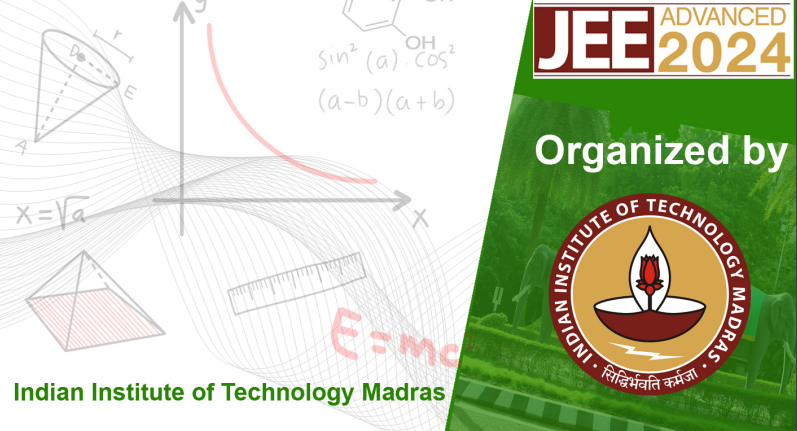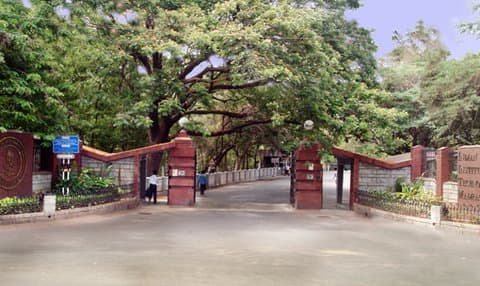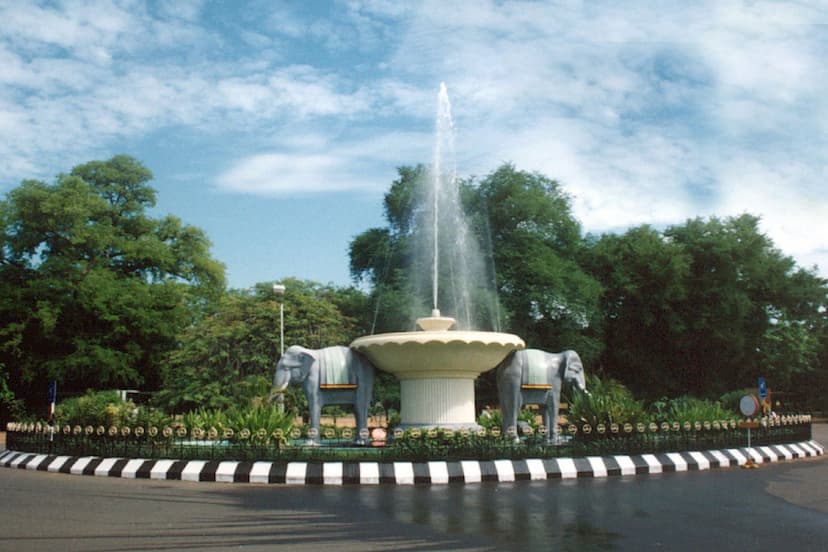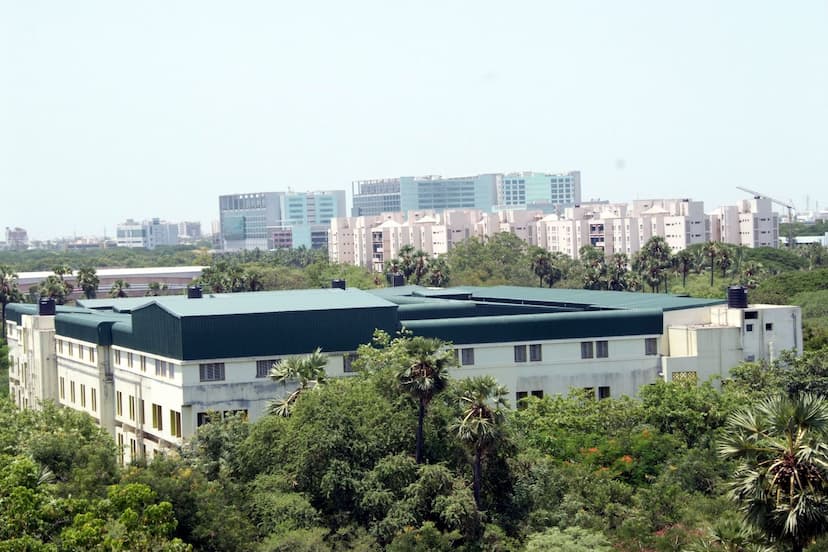JEE Advanced 2024 information brochure is out, access it here

JEE Advanced 2024 information brochure is out at ‘https://jeeadv.ac.in/’ Students keen on the exam can access from the official website mentioned earlier.
It is to note that JEE Advanced 2024 registration would start from 21 April 2024 and IIT Madras will be conducting the exam across various centers in India on 26 May 2024.


Last date to take up JEE Advanced 2024 registration will be 30 April 2024. Admit cards will be available for download by 10 AM on 17 May 2024.

Fee payment by registered candidates has to be done before 5 PM on 6 May 2024. The results will be declared by 10 AM on 9 June 2024. Registration for AAT will go on from 9 to 10 June 2024.
Admission process
Candidates have to take up JEE Advanced 2024 registration online. Those who have submitted applications will appear for JEE Advanced 2023 conducted by IIT Madras.
Individuals have to pass the entrance test with required qualifying marks to be eligible for further procedure which includes counselling.

Counselling is the process where the students can choose the course of their choice and the institution where they desire to study it.
Selection will be done based on performance in the qualifying exam, written test, choice of the course by candidate and availability of seats there.
Who can take up JEE Advanced 2024 registration?
The eligibility required to take up JEE Advanced 2024 registration is a pass in plus two from a recognized educational institution located anywhere in India.
They must have passed plus two from science stream with subjects as maths/biology physics and chemistry.

Those keen on pure engineering can pass plus two with maths, physics and chemistry as core subjects.
Also read – VSAT 2024 registration on till 25 February 2024, info and application link available here
And, candidates focusing on biology or biotechnology oriented engineering courses should have passed plus two with biology, physics and chemistry as subjects.
Applicants must also have passed JEE Mains with a rank among the top 2.5 lakhs on a national level. Candidates who fulfill all these conditions can take up JEE Advanced 2024 registration.
Important dates regarding JEE Advanced 2024 registration are provided below for the sake of the students:

1. The URL mentioned above must be typed into the browser and submit it to allow the website to download.
2. Once the website is ready, candidates can click the registration link.
3. Clicking the above button will lead to another webpage
4. After another webpage opens, candidates can read all the information about admission.
5. After reading all the details, candidates can provide details like their name, date of birth, mobile number and create an account.
6. Once the account is ready, candidates can login and start JEE Advanced 2024 registration.
Registration fee
Candidates taking up JEE Advanced 2024 registration have to pay an application fee of Rs 2900 if they are from General and OBC categories.
The same for applicants of SC/ST categories and women applicants is Rs 1450. The applicants can visit the official website for more details.

The link to take up JEE Advanced 2024 registration is not active as of now. It will be made active shortly after the results of JEE Mains 2024 second edition are announced.
Once the link is activated, students can take up JEE Advanced 2024 registration. AAT 2024 application link will become active after the results of JEE Advanced 2024 are released.
Those who are keen on studying architecture in IITs can focus on applying for AAT. Those who are focused on IIT admission can go ahead with the counselling process that commences shortly after the declaration of JEE Advanced 2024 results.
S Vishnu Sharmaa now works with collegechalo.com in the news team. His work involves writing articles related to the education sector in India with a keen focus on higher education issues. Journalism has always been a passion for him. He has more than 10 years of enriching experience with various media organizations like Eenadu, Webdunia, News Today, Infodea. He also has a strong interest in writing about defence and railway related issues.








